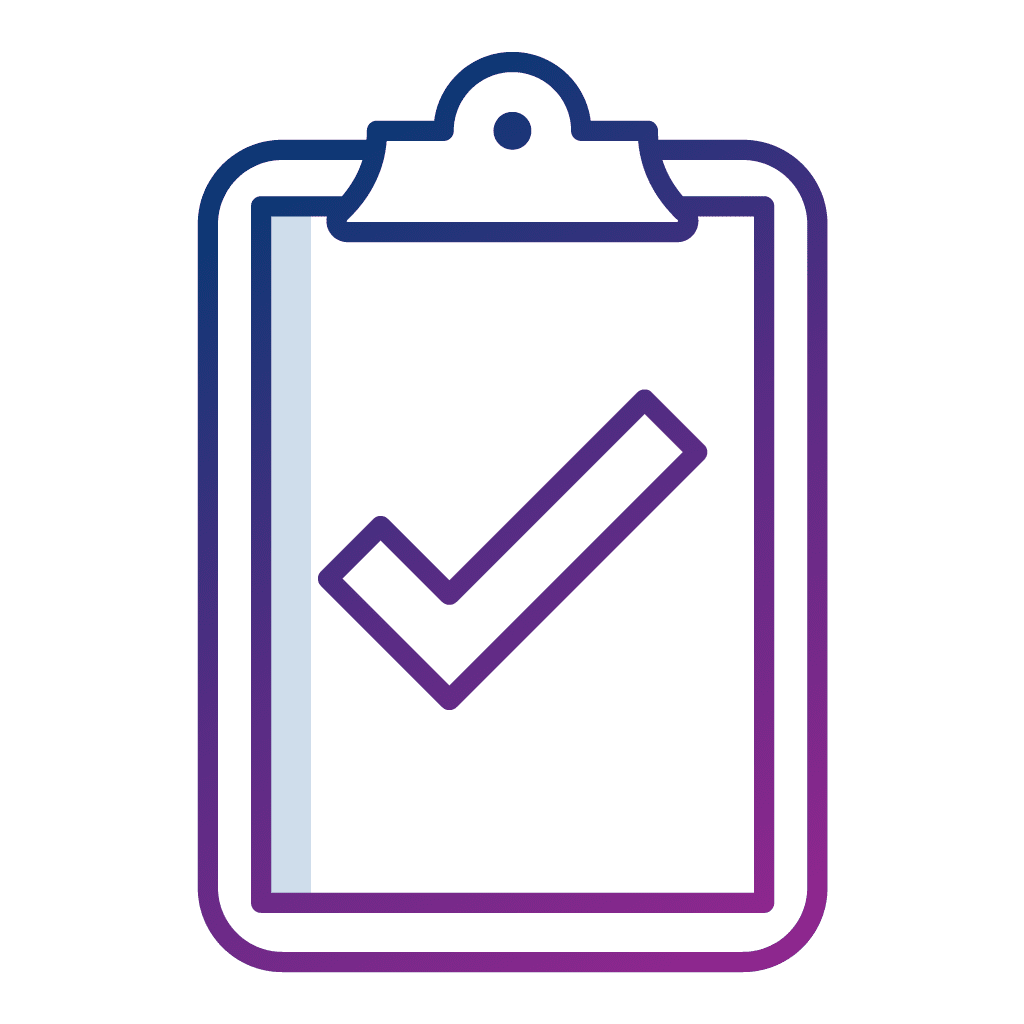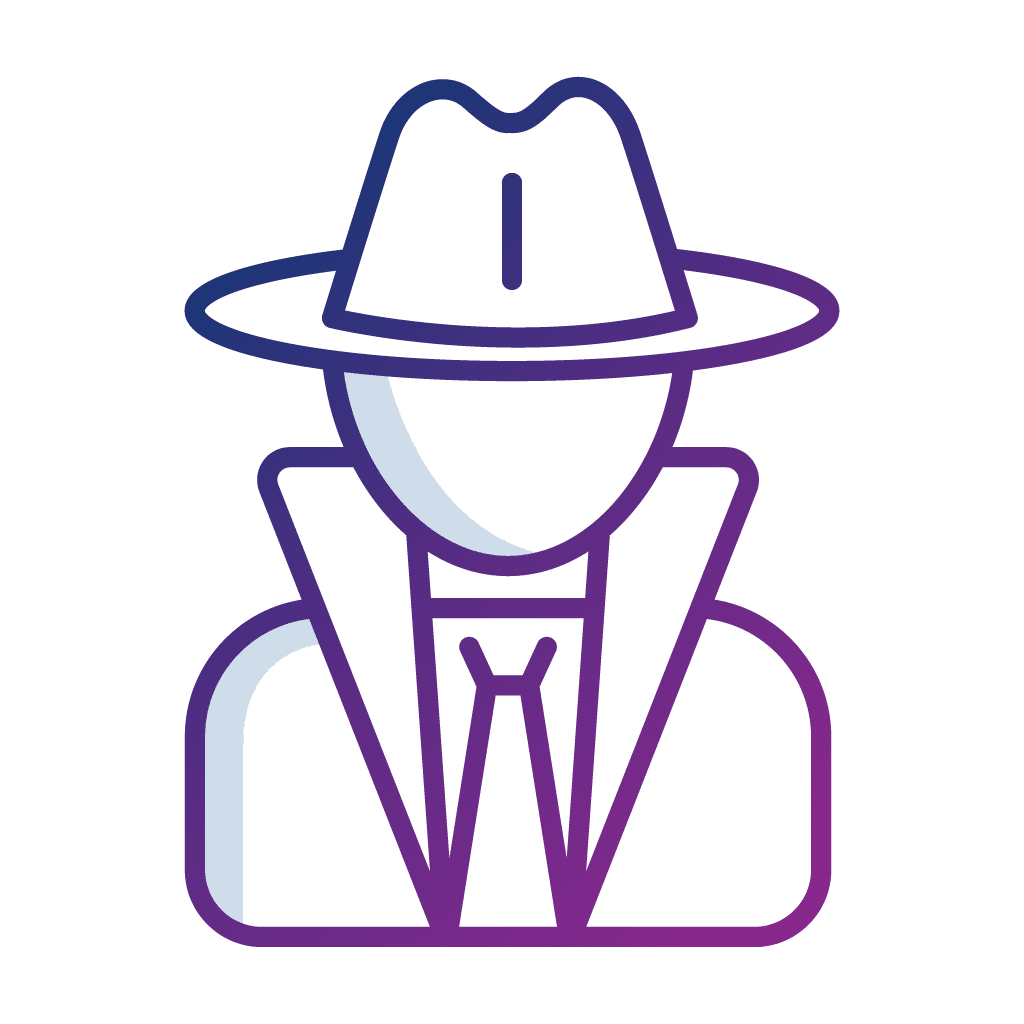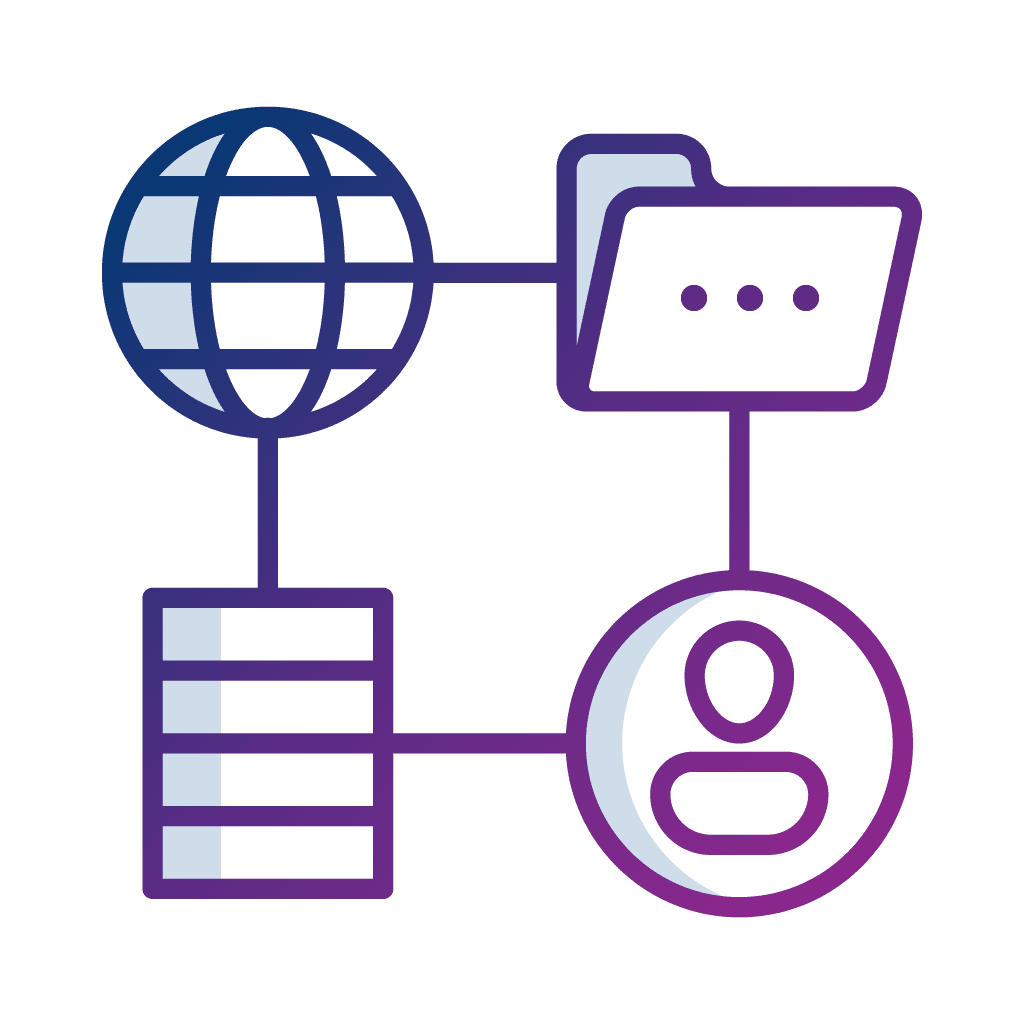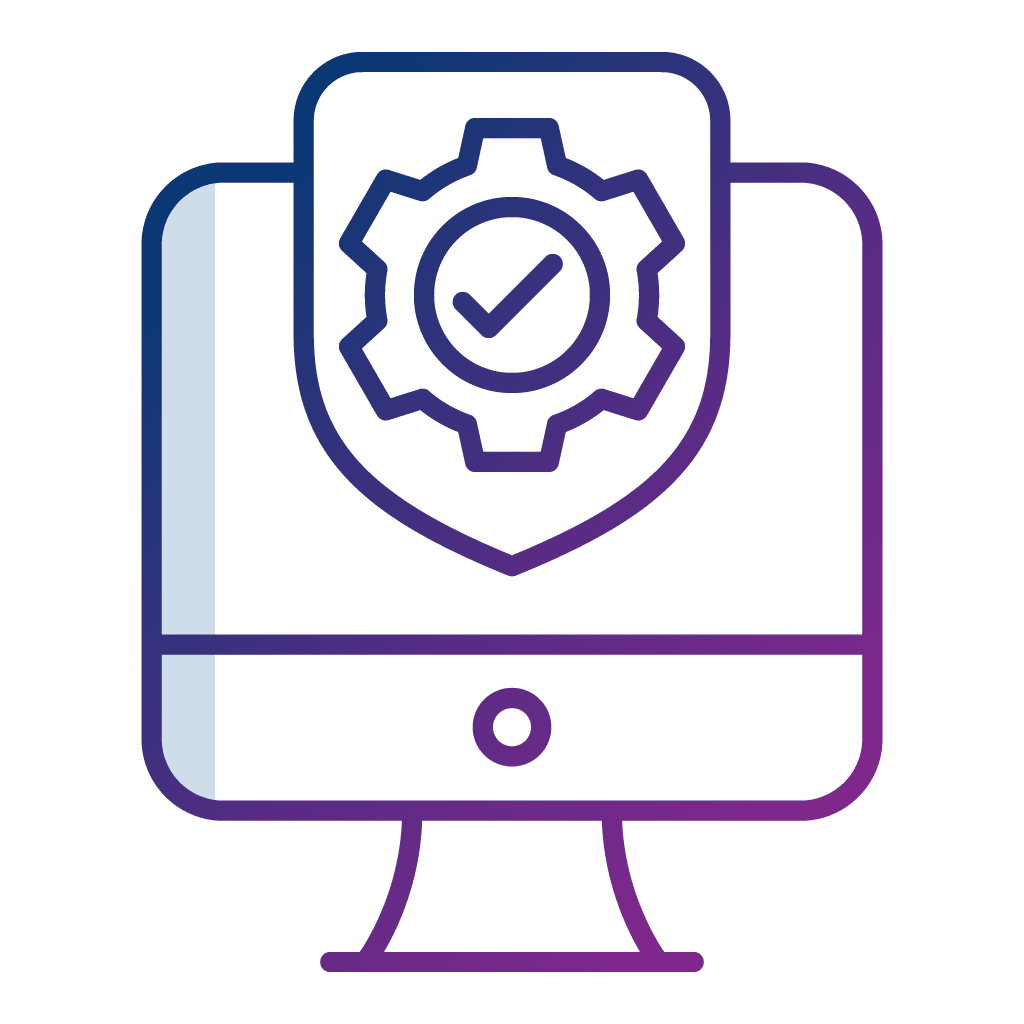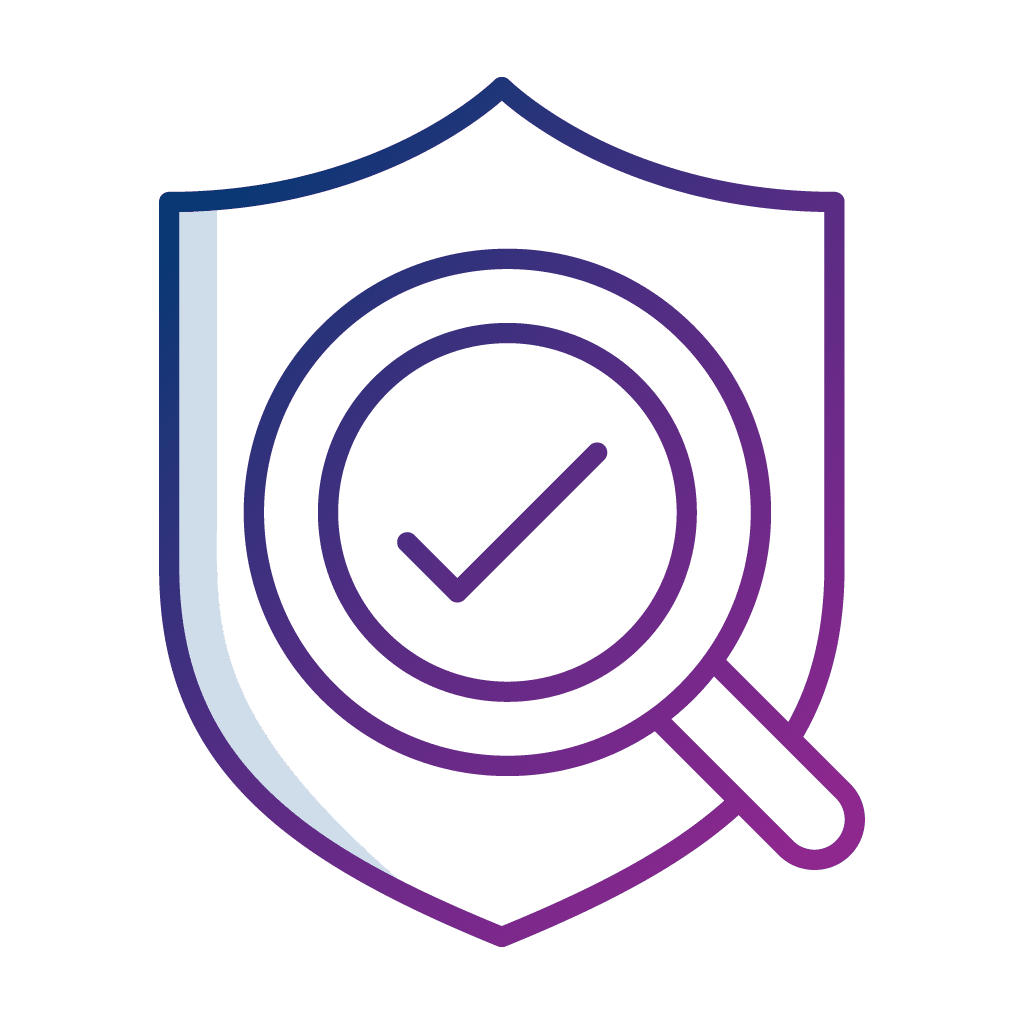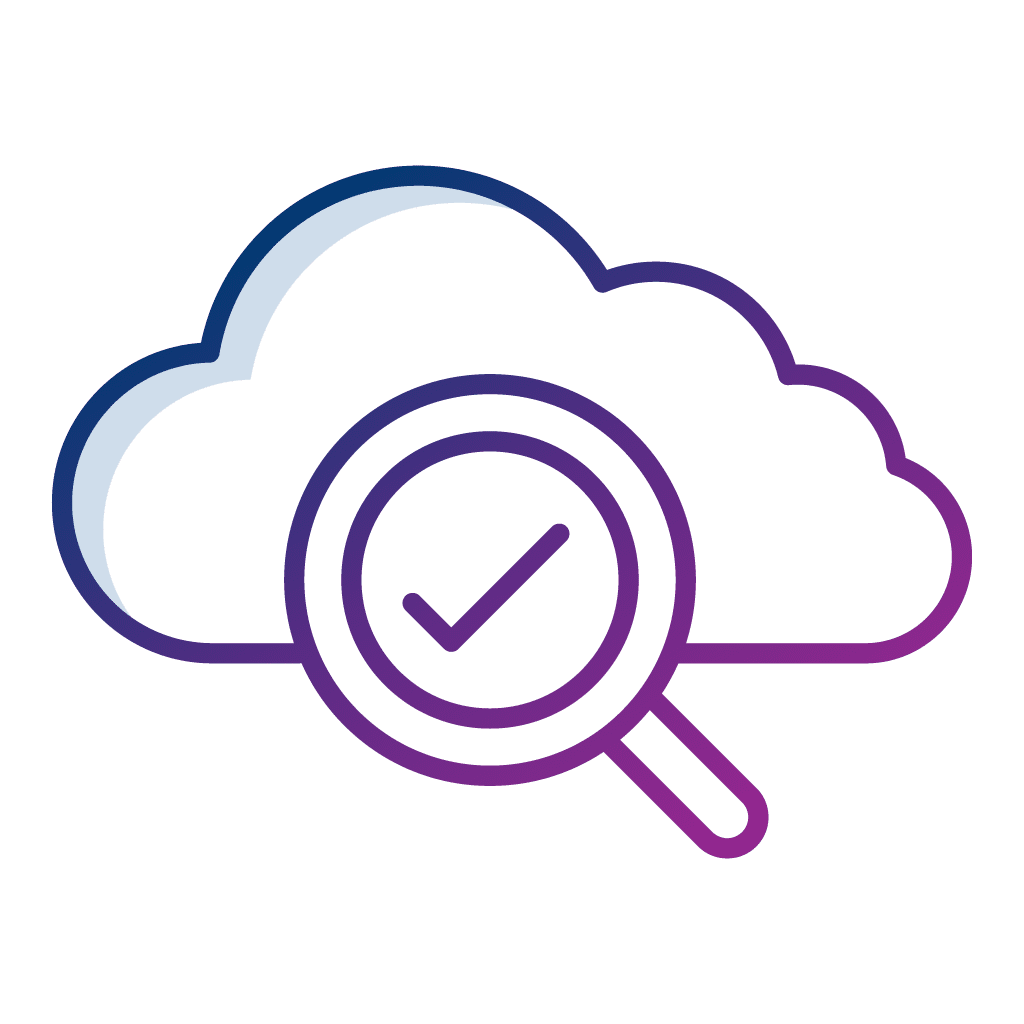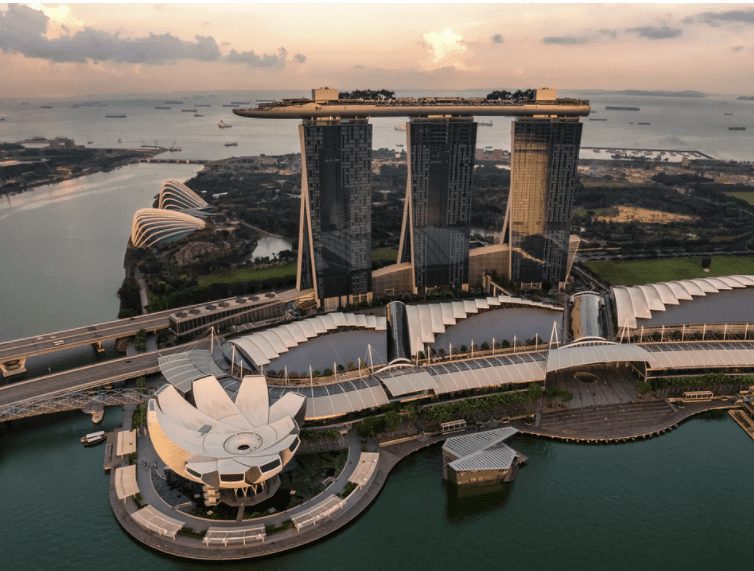According to recent studies on cyber trends, ransomware attacks happen every 11 seconds and will continue to evolve and pave the way for two- stage extortion attacks: attacking victims with ransomware attacks to extract files and then extorting a ransom by threating to disclose sensitive data.
While the motives of the malicious actors are predictable, these past couple of years has seen more sensitive data being leaked especially for businesses that refused to pay the ransom. The worst affected industries have been healthcare, financial and professional services, hospitality, and utilities. At the same time, SMBs (with minimal resources) and large organisations with poor cyber security posture are the most vulnerable to ransomware attacks. Ransomware damages are estimated to hit an all-time high of $20 billion in 2022.
In the ASEAN region,
Many countries are seeing a downward trend of ransomware attacks; however, Singapore is the only country that had an increase in attacks with increased attacks, from 2,275 in 2019 to 3,191 attacks in 2020. In terms of phishing incidents, Singapore also saw an increase of 60.5% in 2020. There is a general upward trend of cybercrimes in the ASEAN countries and especially in the technologically advanced Singapore.
Apart from financial repercussions and the legal costs, a ransomware attack can cause serious harm to a company’s brand and reputation.
Eg: Nvidia's Hack 2022
One example is the case of Nvidia. Nvidia is one of the largest semiconductor chip organisations in the world and was under a ransomware attack in February 2022. The threat actor of this attack had leaked confidential information on their employees and proprietary information online.
The ransomware group that attacked was called Lapsus$ and admitted having access to around 1 TB of the Nvidia’s data. They threatened to leak the data online if they did not receive the ransom amount of $1 million as well as a percentage of an undisclosed fee from Nvidia. This attack caused Nvidia to shut down operations for 2 days, significantly disrupting their business operations.
Luckily, Nvidia quickly fortified their security, contacted cyber security experts, and swiftly contained the situation. They then allegedly permanently improved their cyber security by installing ransomware infection detection into their systems. Unfortunately, while Nvidia managed to contain the attack quickly, the episode still resulted in significant losses and disruptions.
At Privasec, We aim to help your organisations stay ahead of cyber attacks.
Simulating real-world adversaries, the assessments are based on real-world Tactics, Techniques and Procedures (TTPs) utilised by ransomware attacks and cybercriminals to compromise and deploy ransomware throughout corporate Windows environments. Our team of certified offensive security consultants will help to identify your organisation’s security gaps and provide remediation for the ransomware exposure risk.

